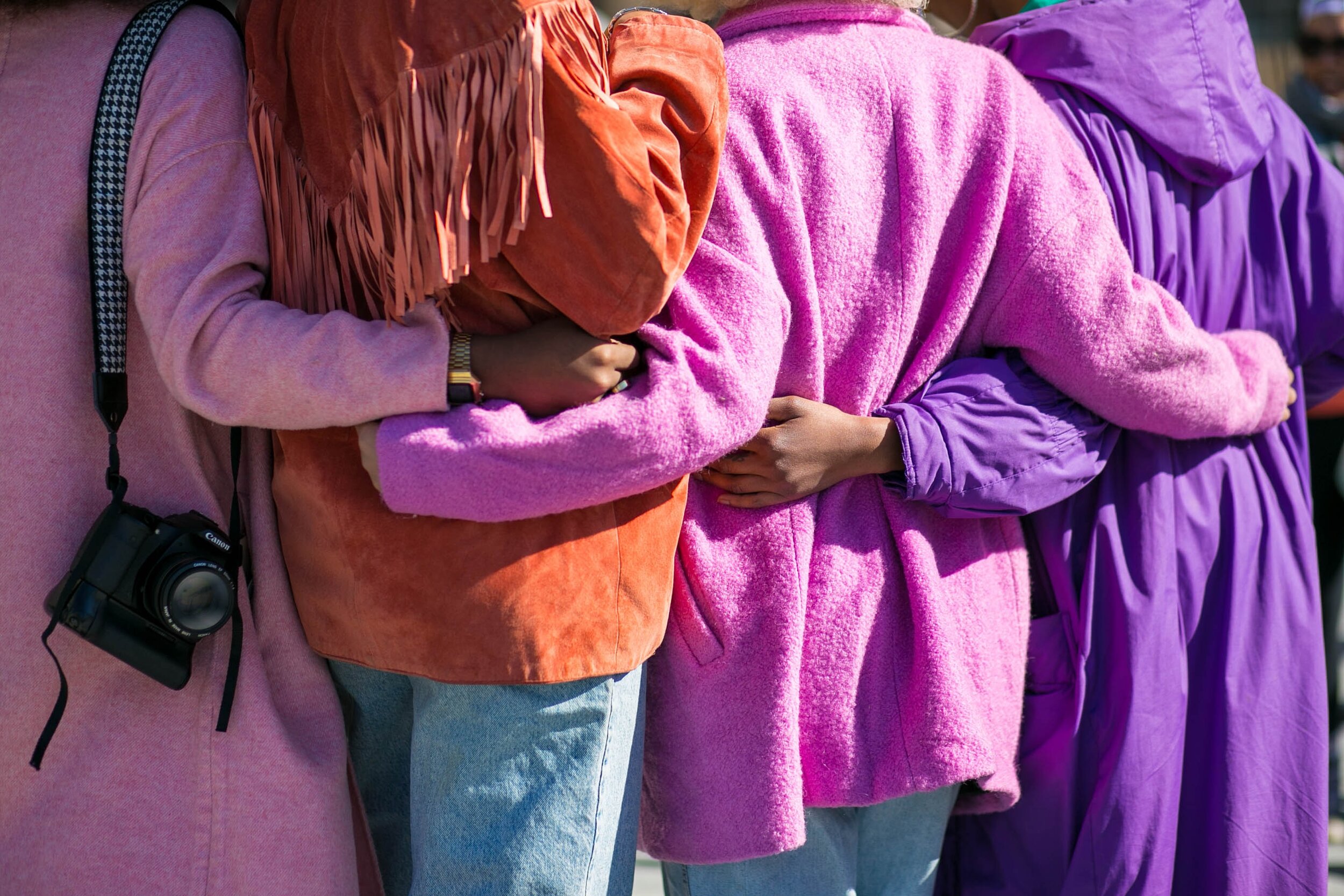2011.1.R3
Peace
Status:
COMPLETED: Work on this Resolution was successfully completed in 2018.
Title of Resolution:
2011.1.R3: Peace
WG-USA Resolves:
…will appoint a Working Group on Women and Peacemaking that will focus on implementing United Nations Resolution #1325 on Women, Peace and Security (2000) and #1366 on the Role of the Security Council in the Prevention of Armed Conflicts, and other related United Nations Security Council Resolutions #1820, 1882, 1888 and 1889. The Working Group will study these UN Resolutions as to their viability for WG-USA actions, and recommend to the WG-USA Board activities and/or advocacy that the membership might undertake. (Guidance for plans of action is provided in the IFUW Resolutions under which WG-USA advocates.)
**Approved at WG-USA Annual General Meeting, September 16-18, 2011
Explanation:
*IFUW Resolutions and Plans of Action (Pertinent to WG-USA)
Peacekeeping (2010), United Nations Peacekeeping (2007), Women – Essential to Peace (2004)
IFUW urge that the implementation of UN Security Council Resolution (SCR) 1325 be strictly enforced, particularly with regard to giving women an enhanced role in peacekeeping contingents; and IFUW through its representatives at the United Nations, urge the implementation of UNSCRs 1820, 1882, 1888 and 1889.
Plan of Action:
NFAs should monitor progress at national level on the implementation of UNSCR 1325,1820,1882,1888 and 1889.
NFAs should encourage the creation and updating of databases of qualified women for decision-making posts related to peace processes.
NFAs should encourage their respective governments to develop national action plans with timetables and benchmarks for actual progress, to ensure the implementation of these resolutions.
NFAs should urge all members to obtain a copy of “Women, Peace and Security” from the United Nations. This study has 79 recommendations. NFAs should distribute this study to their respective governments to ensure that their respective governments take notice of the resolution.
NFAs should encourage their respective governments to review policies and training for those involved in all aspects of conflict including prevention and post-conflict processes on the specific effects of war and violence on women and deaggregate data so that policy decisions can be analyzed for their effect on women.
NFAs advocate with their respective governments to provide opportunities in the conflict resolutions processes to incorporate women’s voices and representation with a view to:
preventing conflict;
facilitating an early end to conflict;
assisting humanitarian operations and reconstruction processes;
protecting women and girls from gender-based violence, and
working towards ensuring at least 50 percent of participants in such processes are women.
Supporting Statement:
The first resolution on women, peace and security, Security Council Resolution 1325 (SCR1325), was unanimously adopted by United Nations Security Council on 31 October 2000. SCR1325 marked the first time the Security Council addressed the disproportionate and unique impact of armed conflict on women; recognized the under-valued and under-utilized contributions women make to conflict prevention, peacekeeping, conflict resolution and peace-building. It also stressed the importance of women’s equal and full participation as active agents in peace and security.
SCR1325 is binding upon all UN Member States and the adoption of the Resolution marked an important international political recognition that women and gender are relevant to international peace and security.
While SCR 1325 is recognized as a historic and unprecedented document, it does not exist in a vacuum; many resolutions (i.e. 1820, 1882, 1888, 1889), treaties, conventions, statements and reports preceded it, and thus, form its foundation and an integral part of the women, peace and security policy framework.
It was the first formal and legal document from the United Nations Security Council that required parties in a conflict to respect women’s rights and to support their participation in peace negotiations and in post-conflict reconstruction.
Mainstreaming of women in the process is the strategy used to bring a gender perspective in peace and security to assessing the implications for women and men of all planned action, including legislation, policies or programs, in all areas and at all levels.
It is a strategy for making women’s as well as men’s concerns and experiences an integral dimension of design, implementation, monitoring and evaluation of policies and programs in all political, economic and social spheres so that women and men benefit equally, and inequality is not perpetuated.
The ultimate goal is to achieve gender equality and to build sustainable peace and security.
Financial Implication for WG-USA:
At this time no cost is anticipated.
Suggested Resources:
At this time there are no suggested resources.
